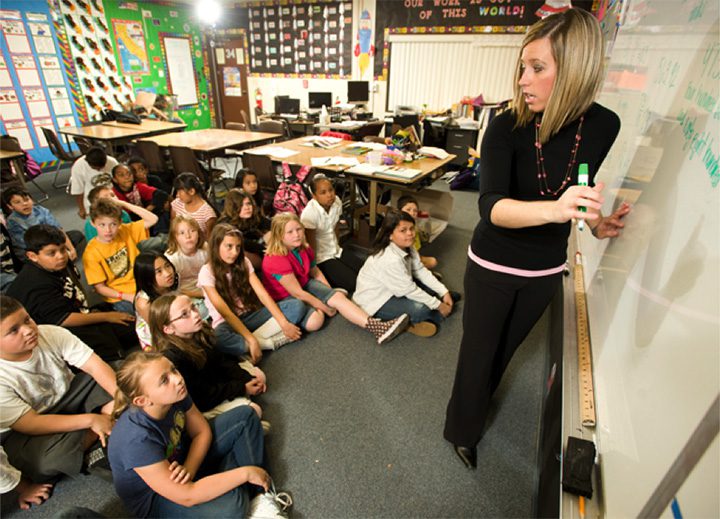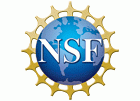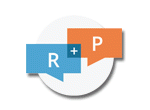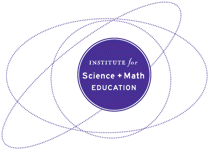How Can Preservice Teachers Orient to Students’ Ideas and Sensemaking practices?

Why It Matters To You
- Preservice Teachers often initially focus on how they are taking up their new roles as teachers and on their own actions (e.g., their decisions, how they facilitate whole class discussion, classroom management). Preservice Teachers need to study how and why their students learn.
- Mentoring Teachers should help orient Preservice Teachers to student ideas. This is essential if K-12 classrooms are to be focused on leveraging, building on, and refining students’ everyday ways of thinking about phenomena and solving problems.
What Is The Issue?
When preservice teachers receive feedback as part of their experiences in teacher education programs (for example, from clinical supervisors or mentoring teachers) the focus of this feedback is often on their actions as new teachers or their enactments of instructional practices, such as their early attempts to lead whole class discussions. However, focusing on students’ ideas and sense-making practices is at the core of three-dimensional learning approach in the NRC Framework vision. This tool suggests strategies for orienting preservice teachers to students’ ideas as well as the ways in which students work ‘on’ and ‘with’ those ideas.
Authors:
VICTORIA SCHILLING, TJ MCKENNA, TODD CAMPBELL & UCONN TEACHER MENTORING COLLABORATIVE | July 2017
Reflection Questions
- When beginning a unit or lesson, what ideas (e.g., partial understandings, nonstandard ideas, everyday experiences, and ways of talking) or challenges have come up with students? How can these be shared with your preservice teacher?
- What strategies have you used and found to be effective for eliciting your students’ ideas? How can you support the preservice teacher in trying out these strategies?
Things to Consider
- Early teacher education frequently focuses on teacher actions and how instructional enactments shape student learning experiences. Although important, that can detract from helping preservice teachers orient to students’ ideas and sensemaking practices.
- “Students have particular ideas . . . [and should] have the opportunities to pursue and assess and refine those ideas” (Hammer & Sikorski, 2015, p. 428). There is a need to refocus the work of preservice teachers away from considering students’ isolated knowledge acquisition and instead toward students’ sensemaking and coherence-seeking as they coordinate pieces of knowledge with practices and evidences to develop explanatory accounts of important events that happen in the world.
- Even when mentoring teachers press preservice teachers to work on problems of student learning, preservice teachers try to shift the focus to their enactment of instructional practices (Thompson, et al., 2015). ). However, by using specific practices and planning tools, preservice teachers can begin to orient to how students learn—in addition to whether they learned a particular topic.
Attending to Equity
- Socially diverse groups (e.g., those with a diversity of race, ethnicity, gender and sexual orientation) are more innovative, diligent, and open-minded than homogeneous groups (Phillips, 2014). Consider strategies you can use to ensure that all students’ ideas are heard and considered.
- Culturally responsive teaching reflects socially and historically organized ways of living and making sense of life (i.e., sense-making repertoires). It is how students engage and make sense of the world as they participate in the everyday activities of our communities. Explore ways of becoming more familiar with your students’ lives and communities outside of school and how learning in the classroom can build on and connect to everyday activities in the community (see PD resource by Bell, et al., 2017).
Recommended Actions You Can Take
- Students need opportunities to work through their thinking. Actively listening for what students are saying, and making sure to clarify or restate their ideas, will provide the classroom community more access to all students’ ideas. There are tools that can help make classroom talk more productive and students’ ideas more accessible.
- The objective of science teaching is to support students’ thinking about, and use of, core science ideas in explaining events that happen in the world. Modeling, argumentation, and explanation— sensemaking practices of the NRC Framework—allow teachers to focus on students’ ideas and how these ideas become increasingly complex across a coherent learning sequence.
- Science is more than facts. It is crucial to have students engage in understanding how scientific practices and knowledge are always developing and that their cultural and historical differences continue to contribute to scientific understanding and problem solving (Bang, et al., 2017).
- “All science learning can be understood as a cultural accomplishment . . . [w]hat counts as learning and what types of knowledge are seen as important are closely tied to a community’s values and what is useful in that community context” (NRC, 2012, p. 284). Consider how locally occurring phenomena and community problems can serve as an anchoring focus of instruction connected to students’ daily lives.
ALSO SEE STEM TEACHING TOOLS
STEM Teaching Tools content copyright 2014-22 UW Institute for Science + Math Education. All rights reserved.
This site is primarily funded by the National Science Foundation (NSF) through Award #1920249 (previously through Awards #1238253 and #1854059). Opinions expressed are not those of any funding agency.
Work is licensed under a Creative Commons Attribution-ShareAlike 4.0 Unported License. Others may adapt with attribution. Funded by the National Science Foundation (NSF). Opinions expressed are not those of any funding agency.


 Email Feedback
Email Feedback


